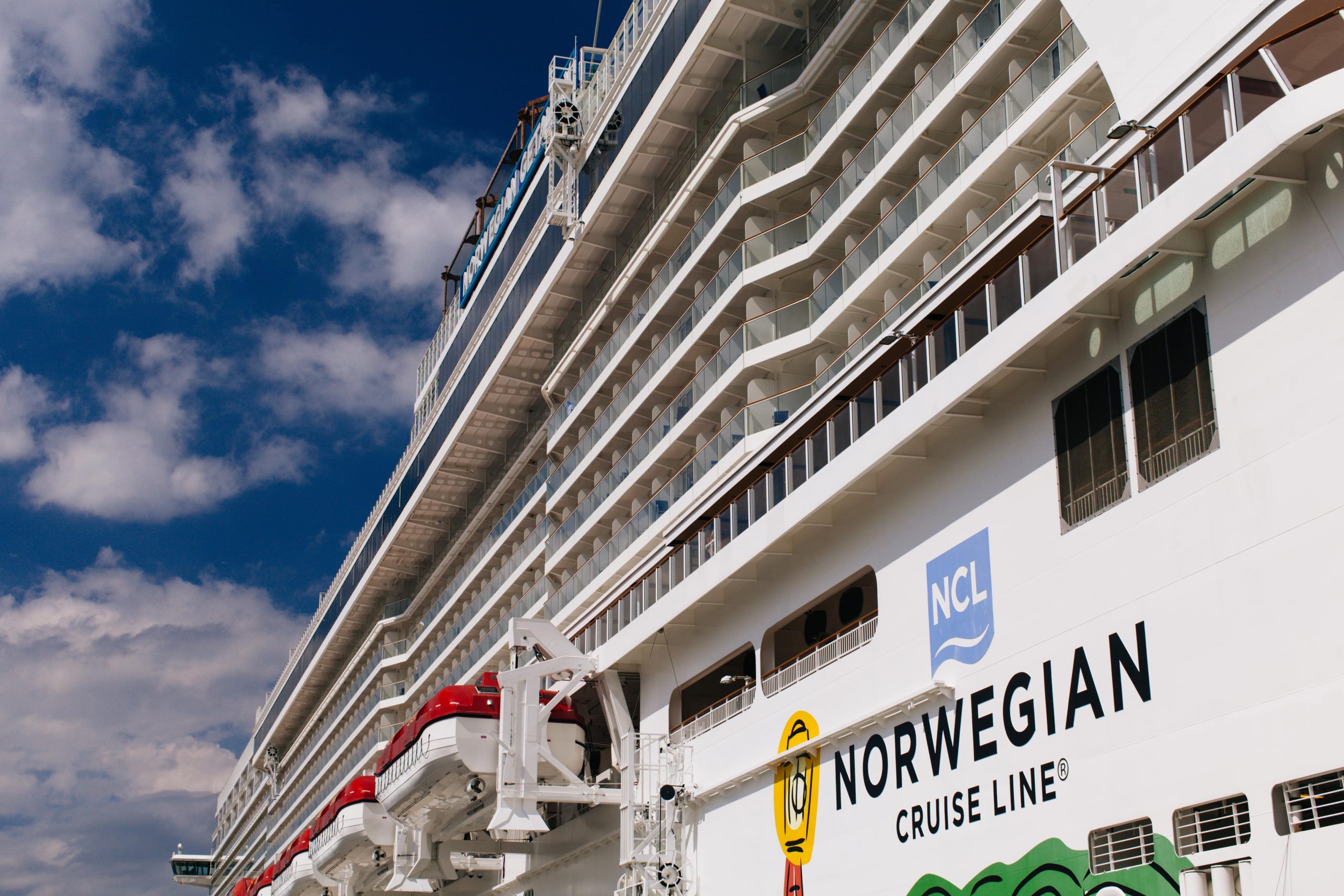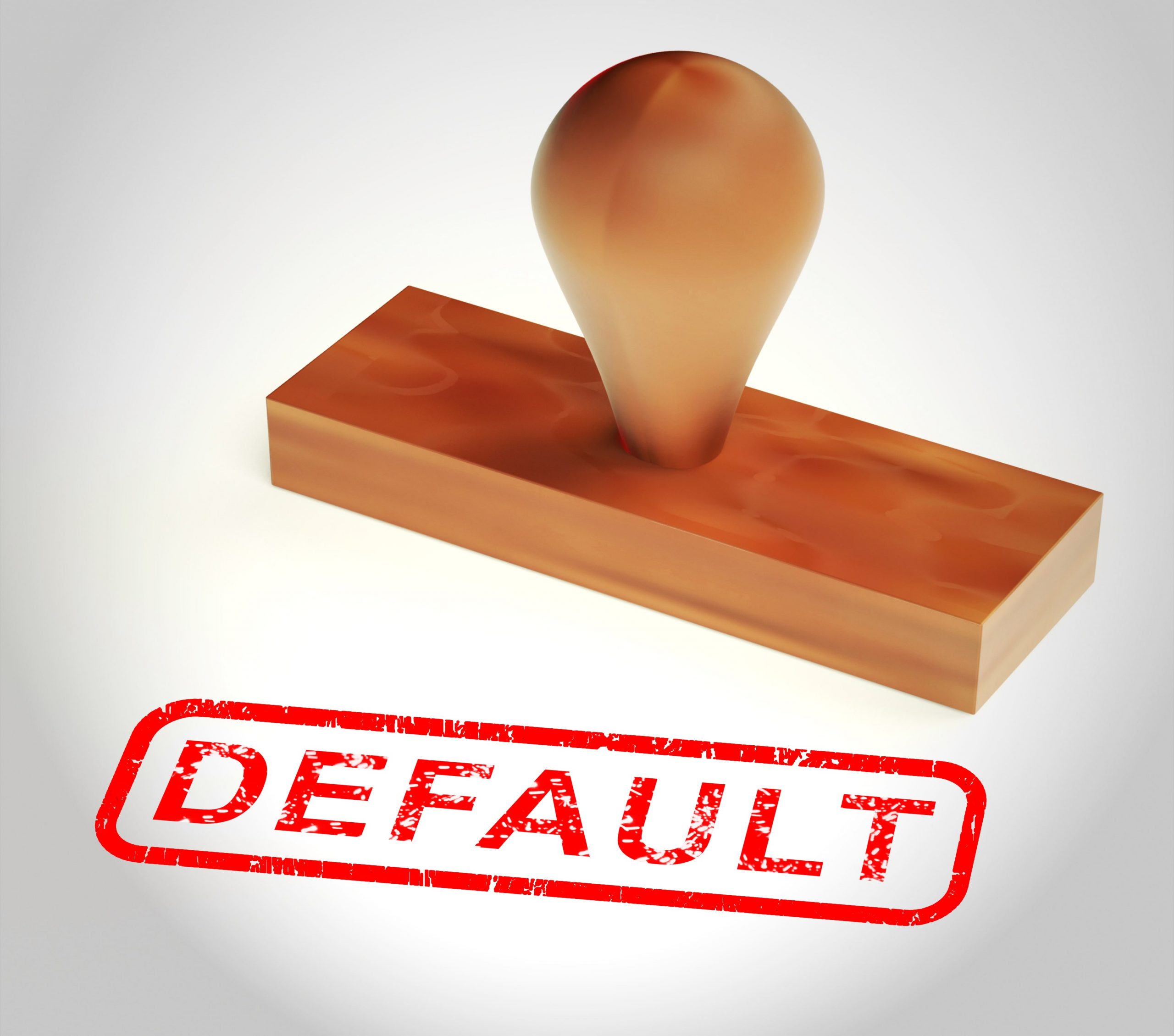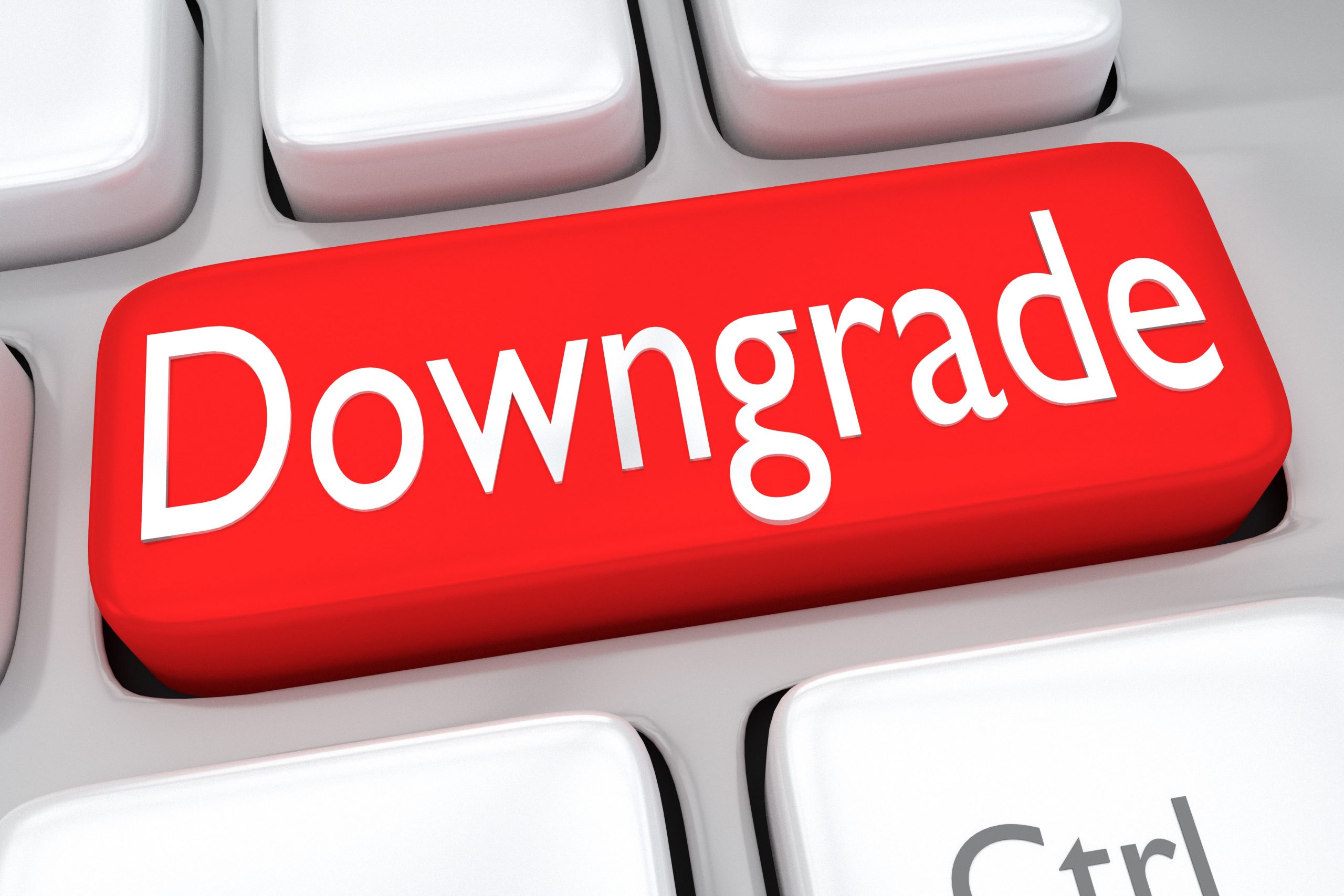This site uses cookies to provide you with a great user experience. By using BondbloX, you accept our use of cookies.
Bond Market News
Laos Launches 6Y Amortizer at 10%a; Wynn Macau Raises $750mn via 2028s Tap; ECB Lifts Ban on Dividends; China Rating Agency Suspended Following Defaults
December 16, 2020


US equities rallied with the S&P and Nasdaq higher by 1.3%. US 10Y Treasury yields also inched higher by 1bp in a broad risk-on move. Preliminary Markit PMI and US retail sales numbers are expected to marginally soften from the prior numbers with the macro data due in the evening, post which the FOMC’s monetary policy decision is due. Eurozone shares also gained after the EU moved forward the date to approve a vaccine – DAX and CAC 40 and FTSEMIB rose 1.06%, 0.05% and 0.81% respectively. China’s industrial production and retail sales data came in-line with expectations at 7% and 5% YoY. MSCI said it will remove the securities of 10 Chinese companies from some global indices after the U.S. imposed restrictions on their ownership, but also said it would launch new versions of several indices that retain the same securities. The PBOC in a statement said it had issued CNY 950bn ($145bn) worth of one-year medium-term lending facility (MLF) loans to financial institutions to keep liquidity sufficient. US IG and HY CDS spreads tightened 1.6bp and 6.5bp respectively. EU main and crossover CDS spreads were tighter 1.1bp and 10bp respectively. Asia ex-Japan CDS spreads were flat and Asian equities are off to a positive start ~0.8% higher.
Complimentary Webinar – Navigating The Bond Markets by Leveraging The BEV App
Sign up for the upcoming webinar on Navigating the Bond Market by Leveraging the BEV App at 4PM Singapore/HK time today, December 16. The module is specially curated to help the users exploit the BondEvalue app to manage their bond portfolio on the WebApp as well as the Mobile App. It will cover the following topics.
- Conventional Way of Tracking Bonds
- New Way to Track Bonds – The BondEvalue App
- Walkthrough The WebApp
- Searching for Bonds & Adding to Portfolio/Watchlist
- Key Bond Metrics to Track
- Portfolio Manager
- Advanced Search Screener to Find The Right Bond
- Setting Up Price/News Alerts
- Support
Complimentary for Subscribers
New Bond Issues
- Laos $ 6yr amortizing @ 10% area

Fantasia Holdings raised $150mn via a 364-day bond at a yield of 7.325%, 55bp inside initial guidance of 7.875% area. The bonds have expected ratings of B+ and received strong orders of over $2.35bn, 15.7x issue size. Asia took 98% of the bonds and EMEA 2%. Asset managers and fund managers bought 83%, private banks 16% and financial institutions 1%. Proceeds will be used for refinancing offshore debt and for general corporate purposes.
Kaisa Group raised $150mn via a tap of its 6.5% 2021s at a yield of 5.5%. The bonds were unrated with proceeds to be used for debt refinancing. The tapped bonds trade at a new issue premium of 15bp over its initial 6.5% 2021s which are currently at 101.06, yielding 5.35%.
New Bond Pipeline
- Shandong Chenming up to $1bn bond
- Huayuan Property $ bond
Rating Changes
- Moody’s upgrades ForteBank’s deposit ratings to Ba3, outlook stable
- Fitch Downgrades MEXIM to ‘BBB+’ on Sovereign Downgrade; Outlook Stable
- Fitch Affirms Soechi Lines at ‘B’; Downgrades Bond to ‘B-‘ and Removes from RWN
- Fitch Revises Peru’s Outlook to Negative; Affirms at ‘BBB+’
- Moody’s affirms AstraZeneca’s A3 ratings; changes outlook to negative from stable
- Fitch Revises AstraZeneca’s Outlook to Stable on Alexion Announcement; Affirms at ‘BBB+’
- Fitch Revises Outlook on Indonesia’s Bank Woori Saudara to Stable; Affirms Ratings
- Shriram Transport Finance Ratings Affirmed With Stable Outlook; Off CreditWatch
- Hamburg Commercial Bank AG And Deutsche Pfandbriefbank AG Ratings Removed From CreditWatch Negative And Affirmed By S&P
- Gold Producer GeoProMining ‘B+’ Rating Put On CreditWatch Negative By S&P Due To Uncertainties Over Major Asset
- Fitch Affirms Bank of Sharjah’s IDR at ‘BBB+’; Downgrades VR to ‘b-‘/Rating Watching Negative
- Newell Brands Inc. ‘BB+’ Issue-Level Ratings Affirmed, Recovery Ratings Revised To ‘3’ On Completed Tender Offer
- Fitch Affirms and Withdraws CoreCivic’s Ratings; Outlook Negative
- Moody’s withdraws Virgin Australia’s ratings following debt restructuring
Wynn Macau Raises $750 Million via Tap of 2028s
Casino resort operator Wynn Macau raised $750mn via a tap of its 5.625% bonds due 2028 on Tuesday. The issuance was priced at 103 to yield to maturity (YTM) 5.146% and yield to worst (YTW) 4.898%, 8-12bp inside initial guidance of 102.5 / YTM 5.225% and YTW 5.019%. The bonds are rated B1/BB- and the proceeds will be used towards repayment of outstanding amounts under the Wynn Macau Credit Facilities. The bonds have a call schedule as follows:
- 26 August 2023 – 102.813
- 26 August 2024 – 101.406
- 26 August 2025 – 100.000
While the YTM is the yield on the bond if held to maturity, the YTW is the lower of the YTM and yield to call (YTC) on the three call dates. While orderbook details were not available at the time of writing, the issuance seems to have been met with strong investor demand as the issuer upsized the deal from the originally planned $650mn. The bonds traded higher by 0.5 points from 103.48 on Tuesday to 103.995 currently. Wynn Macau’s 4.875% 2024s, 5.5% 2026s, 5.5% 2027s and 5.125% 2029s have all been rising over the past month trading higher by 2-6 points.
China Regulators Suspend Golden Credit Rating Agency Post Defaults
The China Securities Regulatory Commission (CSRC) suspended Chinese credit rating agency ‘Golden Credit Rating’ after a former executive was accused of taking massive bribes to boost ratings of issuers. The regulator mentioned that they were temporarily freezing the license of the rating agency and had forbidden them from taking any new business within the next three months. The measures come after a spate of defaults by Chinese state owned enterprises and investigations thereof, particularly in the case of YongCheng Coal. In a latest, Shandong Ruyi, a private company defaulted on a local bond and is set to default on another today. CSRC said that Golden Credit failed to justify some of its ratings and ordered them to make corrections. “Most private investors do not take credit ratings seriously as the system does a bad job in measuring risks,” said a former executive at a Chinese credit rating agency. The regulators are also investigating China Chengxin, which had rated YongCheng Coal at AAA and directly cut them to BB after the default. Analysts expect these measures to tighten borrowing conditions in the future and to have long-term consequences.
For the full story, click here
ECB Lifts Dividend Ban Subject to 15% Cap on Two Years’ Profits
The European Central Bank’s (ECB) supervisory board noted that Eurozone banks will be able to pay dividends to shareholders subject to a cap of 15% of the previous two years’ profits and not higher than 0.2% of the CET1 capital. “We have been quite brave to ask banks to refrain from paying dividends at this difficult juncture…It’s an important opening. We are moving slowly back to normal, although we are not in normality yet” said Andrea Enria, the chair of ECB’s supervisory board. The new recommendation will last till September 2021, post which it will revert to its normal assessment of banks’ capital and dividend policies in the absence of any materially adverse developments. The ECB in March had banned banks from making dividends and share buybacks in the early stages of the pandemic. Recently, the Bank of England (BoE) said that it will allow banks to pay dividends provided they do not exceed 0.2% of their risk-weighted assets (RWA), or 25% of cumulative quarterly profits over 2019 and 2020.
For the full story, click here
Norwegian Cruise Upsizes 5Y Bond to Raise $850 Million
NCL Corporation, a subsidiary of Norwegian Cruise Line Holdings (NCLH) raised $850mn via 5Y new bonds, upsized from an initial $500mn, at a yield of 5.875%, a massive 87.5bp inside initial guidance of 6.75% area. The upsize and tightening come on the back of positive sentiment created by news of the coronavirus vaccine, which could lead to a revival of the travel and leisure sector. This is the company’s third offering since the pandemic brought its operations to a complete halt. However, this time the company has issued unsecured debt backed by a guarantee from certain subsidiaries. The cruiseliner, which has a monthly cash burn of ~$150mn, last tapped the market in July through a $750mn 5.5Y secured paper (rated Ba2/BB) at 10.25%. The bonds have rallied over the past month from ~103 in early November to 116.5 currently, yielding 5.27%.
In November, its rival Carnival had also raised $1.425bn via a 5.25Y non-call 3.25Y (5.25NC3.25) bond at a yield of 7.625%, inside initial guidance in the mid-high 8%s. “Certainly cruises have become more investable with the vaccine as you have some endgame in sight, and people will start to feel more comfortable getting back on a cruise ship” said Seth Meyer, a portfolio manager at Janus Henderson.
In its SEC filing the company revealed the following.
- The company had implemented a voluntary suspension of all cruise voyages in March 2020. The suspension has been extended to February 28, 2021 for Norwegian Cruise Line and to March 31, 2021 for Oceania Cruises and Regent Seven Seas Cruises
- It has nine newbuilds on order, scheduled to be delivered through 2027 with committed export credit facilities that are available to fund newbuilds
- Since March 2020, Moody’s has taken the following actions
- Downgraded its long-term issuer rating to B2
- Lowered its senior secured rating to B1 and senior unsecured rating to Caa1.
- Since April 2020, S&P Global has taken the following actions
- Downgraded its issuer credit rating to B+
- Lowered its issue-level rating on its $875mn senior secured revolving loan facility and $1.5bn term loan A to BB
- Lowered issue-level rating on its $675mn senior secured notes due 2024 and $750mn senior secured notes due 2026 to BB-
- Lowered its senior unsecured rating to B
- It further expects S&P to downgrade its rating from B to B- in connection with the offering
For the full story, click here
GCL New Energy Sells Assets Ahead Of Dollar Bond Maturity
GCL New Energy Holdings announced the sale of stakes in four of its subsidiaries with the proceeds used to repay debt. The stake sale amounts to CNY 291.3mn ($44mn) where Weining Energy, a subsidiary of state-owned State Power Investment Corp is the buyer. GCL New energy has a $500mn 7.1% dollar bond due January 30, 2021. CreditSights estimates that the company will not have enough cash to make full redemption of the 2021s, and that refinancing might be difficult since they need to reduce debt to provide some liquidity buffer. GCL New Energy is a company under GCL Group with its primary business in solar power generation, covering development, construction and operations. In late April, Moody’s downgraded GCL New Energy to Caa1 from B3 citing increased liquidity and refinancing risks highlighting the 7.1% 2021s and also focused on its prolonged negotiations regarding the asset sales and delays in the receipt of government subsidies. GCL New Energy’s 7.1% dollar bond due 2021 was up 1.8 cents to 67.8 cents on the dollar.
Hilong Announces Terms of Dollar Bond Restructuring; Seeks Bondholder Approval
Distressed Chinese oil equipment manufacturer Hilong Holdings announced the terms of its proposed debt restructuring via an exchange filing today. This comes after Hilong failed to win support for exchanging its $165.114mn 7.25% bonds due June 22, 2020, leading to a default and a cross-default on its $200mn 8.25% bonds due 2022.
As per the restructuring support agreement (RSA), the company is offering new 3.5Y bonds that pay a coupon of 9.75%, in an amount equivalent to 94.5% of bondholders’ claims, as per IFR. The expected size of the new bonds is $372.9mn assuming Hilong manages to complete the restructuring by February 28, 2021. IFR reported that the bonds will be backed by a portfolio of offshore oilfield equipment worth $105.9mn and that the bondholders will also receive a proportional share of $22.653mn in cash. The Hong Kong-listed company said that it has already received support from holders representing 48.09% of the aggregate principal. Bondholders that sign the RSA by the early bird deadline of January 4, 2021 will receive a proportional share of $15.25mn in cash while holders that sign after that date but by the deadline of January 18 will receive a proportional share of $1.36mn in cash. Hilong’s 8.25% 2022s have recovered from lows of ~30 in June to 61 cents on the dollar currently.
For the full story, click here
Term of the Day
Subordinated Debt
Subordinated debt refer to any type of debt that rank below senior debts on the capital structure. In the event of liquidation, holders of subordinated debt would only be paid after all the senior debt is repaid. Thus, the ratings and yield of subordinated debt tend to be lower and higher respectively, to account for the greater risk associated with subordinated vs. senior debt.
There are different kinds of subordinated debt that can include perpetuals/AT1 CoCos, payment-in-kind notes, mezzanine debt, convertible bonds, vendor notes etc. Subordinated debt rank higher to preferred equity and common equity in the capital structure.
Talking Heads
On High-Yield Debt Market Momentum to Roll Into 2021
Sander Bus, co-head of credit at Dutch money manager Robeco Institutional Asset Management
“Next year you will clearly see who are the winners and losers…When the economy is in transition, it’s always problematic for credit…Unlike what happens with equities, you’re always capped at par on the upside, but you’re exposed to losses”
Daniel Rudnicki Schlumberger, head of EMEA leveraged finance origination at JPMorgan Chase & Co
“We expect to see M&A in sectors more affected by Covid, where companies that have performed better will buy competitors to consolidate sectors, or companies more affected by the pandemic will start selling assets”
Per Wehrmann, head of European high-yield at DWS Investment GmbH
“Now people don’t care about the debt figure, but it could be like in 2008-2011…Two-three years after the financial crisis, investors saw the risks of sovereign debt and that could suddenly lead to more volatility in the likes of Italy or Spain.”
On Oil consumption will be ‘lower for longer than expected’ – IEA
“Demand is clearly going to be lower for longer than expected…“It is possible that, after the upcoming holiday season, a third wave of the virus will affect Europe and other parts of the world before vaccines have time to take effect. This would bring renewed downward pressure on oil demand”
On China Eyes Economic Goals for Next Year as Debt Levels Soar
Houze Song, a research fellow at the Paulson Institute
“Liu He now controls China’s economic policy.. Financial de-risking will probably be back on the agenda”
Raymond Yeung, chief economist for Greater China at ANZ Group Hong Kong
“Given the recent corporate bond stress, I believe financial stability will top the policy agenda…The authorities will need to balance against the will to clean up zombie enterprises and over leveraging”
Wei Li and Shuang Ding – Standard Chartered Economists
“We expect policies on indigenous innovation, industrial modernization, domestic demand, market-oriented reforms, and further market opening to be announced”
On Monitoring Which Firms Are Actually Solvent – Mark Jenkins, Credit Head at Carlyle
“We’ve now got companies who have solved their liquidity issue, and the question is, are they actually solvent? Is their going-concern value going to outweigh the amount of indebtedness that they have? It’s an opportunity to some extent, but it’s also a threat,” with Carlyle seeking to provide transitional funds to companies that will survive the pandemic
Top Gainers & Losers – 16-Dec-20*

Go back to Latest bond Market News
Related Posts:









